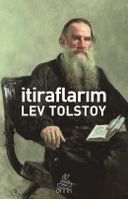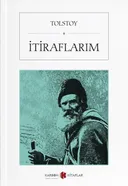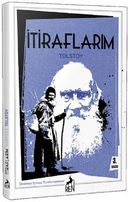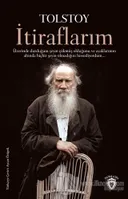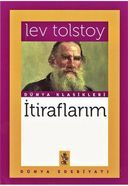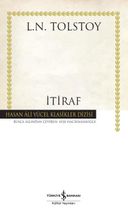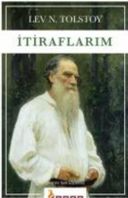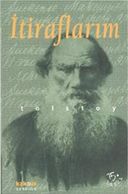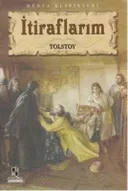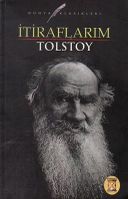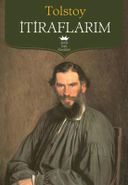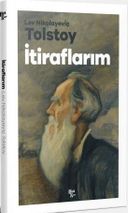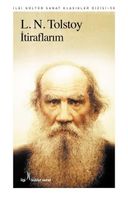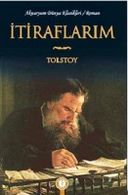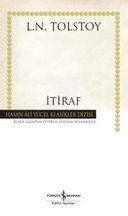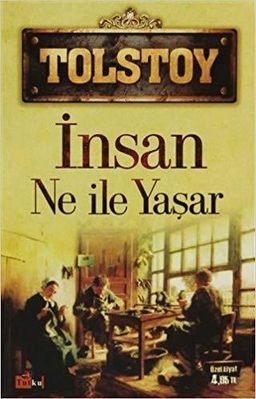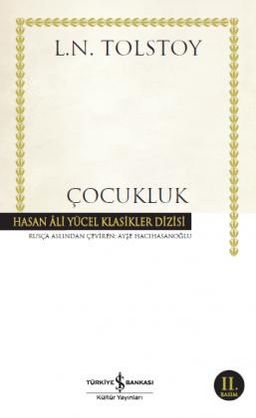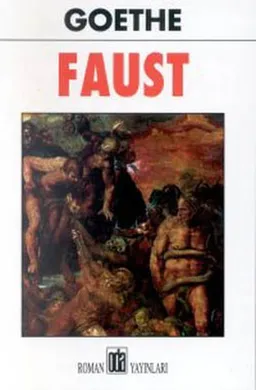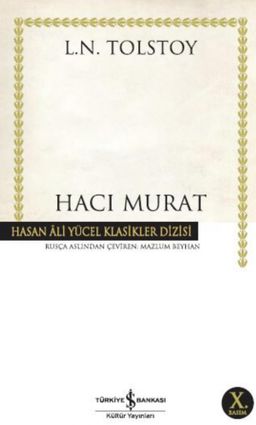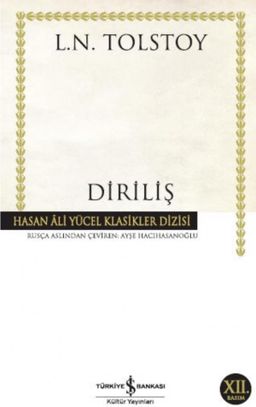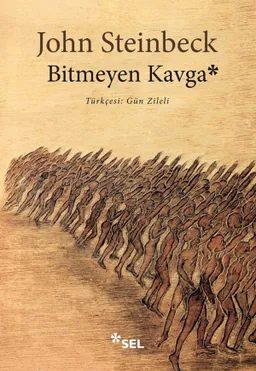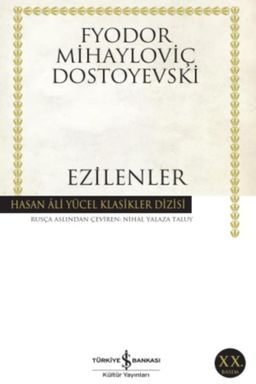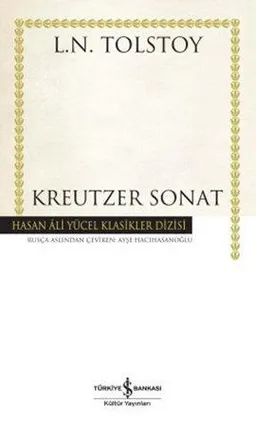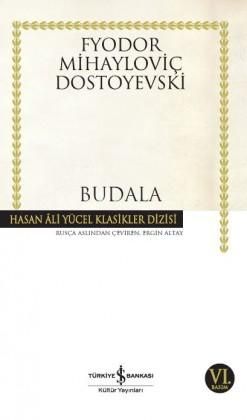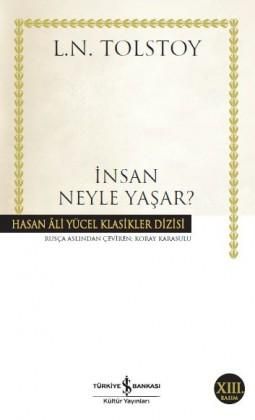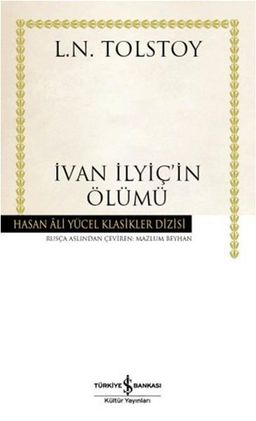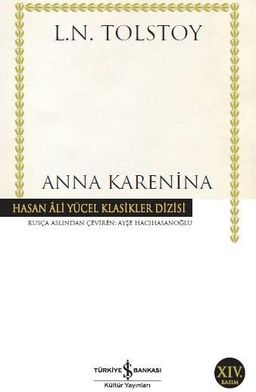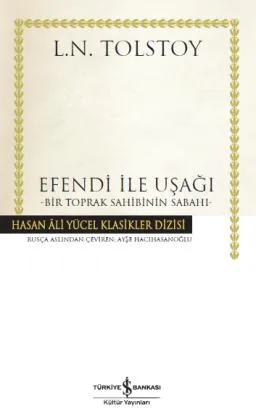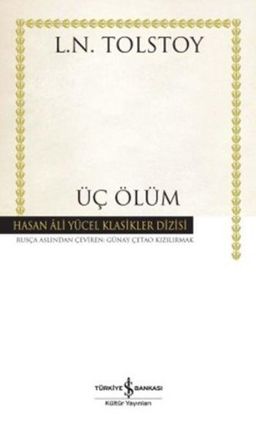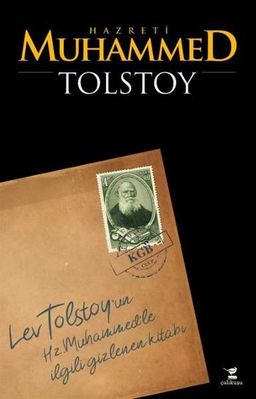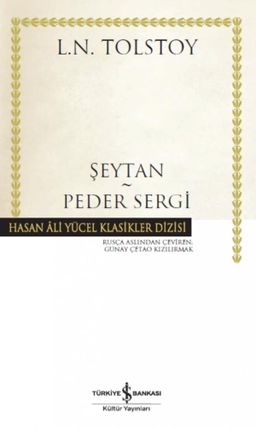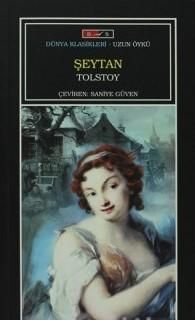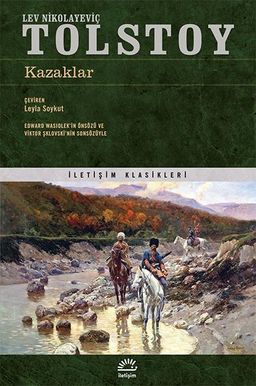İtiraflarım
Lev TolstoyAbout İtiraflarım
İtiraflarım subject, statistics, prices and more here.About
Tolstoy’un sesi yalnızca Rusya’da değil, insanlığın vicdanının sesi olarak bütün dünyada yankılanır. İnsanlar akın akın Tolstoy’u ziyaret etmek üzere Yasnaya Polyana’ya gelir. Öyle ki Yasnaya Polyana bir hac yerine döner. Her yerde Tolstoy örneğine göre yaşamak isteyenler, “Tolstoycu komünler” kurarlar. Devlet ile kilise ise, Tolstoy’u en büyük düşmanlarından biri olarak görmeye başlar. Nitekim kilise Diriliş adlı eserinin bazı boÅNlümlerini sapkınlık örneği olarak yorumlayıp 1901 yılında onu aforoz edip kiliseden kovar. Tolstoy’un evde de huzuru yerinde değildi. Kavgacı bir kadın olan karısı Sofia ile sık sık tartışıyorlardı. Nihayet bu yaşlı insan, zengin bir yaratıcılık hayatından sonra evden kaçar. Amacı Bulgaristan yoluyla İstanbul’a gitmektir.
Author: Lev Tolstoy
Translator: Kemal Aytaç
#212 En çok okunan kitaplarda#3 Deneme-İnceleme türünde#201 Edebiyat türünde#14 Felsefe-Düşünce türünde
Estimated Reading Time: 3 hrs. 4 min.Page Number: 108Publication Date: 2017First Publication Date: 1880Publisher: Hece YayınlarıISBN: 9786059556354Country: TürkiyeLanguage: TürkçeFormat: Karton kapak
Other Editions
İtiraflarım
10k okunmaAntik Kitap · April 2016 · 96 syf
İtiraflarım
4,597 okunmaKarbon Kitaplar · 2017 · 94 syf
İtiraflarım
1,514 okunmaRen Kitap · 2018 · 128 syf
İtiraflarım
1,187 okunmaDorlion Yayınevi · May 2019 · 76 syf
İtiraflarım
546 okunmaVenedik Yayınları · 21 May 2018 · 95 syf
İtiraf
497 okunmaİş Bankası Kültür Yayınları · November 2022 · 104 syf
İtiraflarım
350 okunmaKapra Yayıncılık · 8 November 2020 · 88 syf
İtiraflarım
326 okunmaKaknüs Yayınları · 6 January 2017 · 93 syf
İtiraflarım
309 okunmaKitap Zamanı Yayınları · 2010 · 87 syf
İtiraflarım
277 okunmaKum Saati Yayınları · July 2003 · 96 syf
İtiraflarım
271 okunmaAntik Kitap · 2016 · 96 syf
İtiraflarım
260 okunmaHalk Kitabevi Yayınları · March 2021 · 88 syf
İtiraflarım
255 okunmaİlgi Kültür Sanat Yayınları · 2018 · 112 syf
İtiraflarım
206 okunmaAkvaryum Yayınları · January 2013 · 93 syf
İtiraf
167 okunmaTürkiye İş Bankası Kültür Yayınları · November 2022 · 104 syf
Book Statistics
All statistics
Statistics of this edition
Reader Profile of the Book
Kadın% 61.4
Erkek% 38.6
0-12 Yaş
13-17 Yaş
18-24 Yaş
25-34 Yaş
35-44 Yaş
45-54 Yaş
55-64 Yaş
65+ Yaş
About the Author
Lev TolstoyYazar · 205 books
This text has been automatically translated from Turkish. Show Original
Lev Tolstoy was born in Moscow on August 28, 1828. His father, Count Nikolay Ilyich Tolstoy, was a retired lieutenant colonel who participated in the Napoleonic Wars of 1812.
In his novels, Tolstoy emphasizes how different characters human beings are. ''War and Peace'' and ''Anna Karanina'' are masterpieces in terms of human analysis and vivid descriptions.
Lev Tolstoy's quest for himself continued until his death. Even his wife didn't understand him. Tolstoy became embittered and ran away like a child. The eighty-two-year-old left his village on a dark and rainy October night. He fell ill on the way and died at a small train station on November 7, 1910.
Lev Tolstoy was born into a wealthy family in a mansion called Yasnaya Polyana in Tula, Russia. He lost his mother and then his father at a very young age, and he grew up in the hands of his relatives. He had a keen interest in studying facts since his childhood. He went to Moscow to complete his education. As a hard-working, intelligent student, he won success and love. He improved his French, read Voltaire and J. J. Rousseau, and was under the strong influence of these two writers. He returned to Yasnaya-Polyana and joined the poor peasants. He wrote his first work, "Childhood", around this time.
Lev Tolstoy After some time he entered the army; He went to the Caucasus. He wrote his first realistic stories with his impressions of the poverty-filled lives of the Caucasian people. He participated in the Crimean War as an officer in 1854. Then he left the military and went to Petersburg. He wrote some of his works in those years when he was quite quiet. Still, a soul that could not find what it was looking for was churning inside him. He went on a long tour in Western European countries. He traveled around Germany, France, Switzerland. On his return to his homeland, he settled in Yasnaya-Polyana. He was bored with nobility titles and luxury. He founded a school in his village. This school was a brand new institution in terms of education and training. After realizing that he was at peace, he got married in 1862.
When Lev Tolstoy married, his wife Sophie Behrs was 16 years his junior and only 18 years old. This marriage would satisfy his longing for a regular life. They had 13 children from this marriage; Three of these children died when they were babies, one at the age of 5 and the other at the age of 7. The two strongest novels of his works are "War and Peace". with "Anna Karenina" He wrote during this period. His wife was his biggest assistant in writing his works. He even edited and wrote "War and Peace" 12 times. After some time, he suffered a moral depression again, this time more severe than before. The poor and miserable situation of the broad masses of people, especially the Russian peasants, made him very sad. He distributed all his wealth to the villagers and began to live like them in every way. She dressed coarsely and made every dress she wore herself. The only thing that did not change was that he wrote tirelessly. "Kroyçer Sonata", "The Master and the Servant", "The Power of Darkness", "What is Faith", "Pearls", "Church and State", "My Confessions". They are all products of these years.
Lev Tolstoy Tolstoy, who touches on various issues of humanity in his works, has a world-wide artistic and intellectual value. He reflected the social and political turmoil of his own country, the nature and lifestyle of its people with great mastery. He gained fame as a philosopher and an educator, as well as being one of the greatest representatives of realistic literature. Apart from those listed above, "Resurrection", "My Youth", "Childhood", "Hacı Murat", "Uprising", "Exhibition Father", "God is Within Us", "Cossacks", "Coincidence" ;, "Two Horsemen" He has works such as.
Lev Tolstoy died in 1910, at the age of 82. He died of pneumonia at the railway station in Astapovo, after falling ill when he left his home in the middle of winter. The police worked to limit access to those who wanted to attend his funeral, but thousands of villagers filled the streets at his funeral.
Lev Tolstoy, who died at the age of 82, experienced great difficulties many times. Due to his radical ideas on property, which he formed under the influence of Marxism, he distributed all his wealth to the villagers and began to live like them in every way. For this reason, he had a falling out with his family. His book "The sovereignty of God is within us", in which he tried to develop Christian anarchism. Defining a new Christian movement with his book caused him to be excommunicated by the Orthodox Church. After spending the last years of his life in complete disarray, Tolstoy left his home and hit the road as a result of resentment. He was found dead at the Astapovo railway station. It is known that his death was caused by pneumonia. All his life he tried to understand what life was like. He took his place in literature and world history as one of the greatest Russian writers who aimed to reflect this fully in his works.
